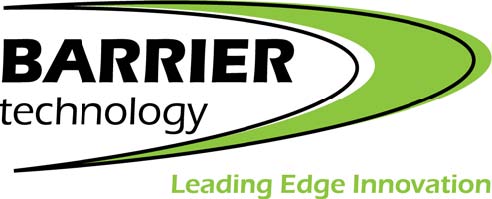Making the choice to hire a public relations firm is not always the easiest decision for a company. Below are seven (or so) things you should know when working with a firm. Some of these come from experience, others from stories during a happy hour with fellow PR professionals. Either way, you (the reader) get to reap the benefits.
1. It isn’t luck. There is actually quite a bit of planning, research, writing and meetings that go into landing the client—YOU—earned media.
2. (A lot of) Time is of the essence. Agencies need notice–notice to plan, research, write and meet… and no we are not dragging this out for the billable hours. We research media outlets and reporter’s past stories, build editorial calendars, pull media lists, review national news trends and recent articles published within your industry and more. This research and knowledge is used to develop the press release, write individual pitches and plan out the best time to send the release and contact reporters by email. We then follow-up, follow-up, follow-up and follow-up some more. It may take several weeks to land that article or get that reporter to respond.

3. Don’t ask for the media list. This is our proprietary information. Most agencies subscribe to a media service that allows us to pull media lists, search for opportunities, pull analytics, set up searches and more. We pay a hefty fee to provide results for our clients. This is comparable to someone asking you for your client list.
4. Give us notice. (See #2). Contacting us the day before you want a release to go out is not recommended. In all seriousness, please don’t do this. It is not going to get you the results you want.
5. We will rewrite it. Oh, you want to provide a pre-written press release? How nice! We will still rewrite it. Really, we will. When you hire a PR firm to manage your media relations, you are asking us to find and get media opportunities for you. To do that, we need to manage the message. We are not changing what you want to say… only how you say it.
6. We pitch. A pitch is when you reach out to a reporter on an individual level (not a mass email) and present a story idea the way they would want to cover it. Each reporter has certain angles they cover. Perhaps they focus on ‘jobs landed’ or ‘innovation within a company’ or ‘process’. It depends on the reporter and the outlet he/she represents.
7. Be available. Nothing burns our bottoms (feel free to steal that saying) more than pitching, following-up and following-up to have our hard work and persistence pay off with a reporter interested in doing a story on your company… and we can’t get a hold of you. You knew we were working on the story, yet you are not answering your cell, email, carrier pigeons or smoke signals we’re blowing your way. Be available. Always. The media will not wait around for you (and we don’t blame them). There are so many great stories out there to tell and fewer resources for them to do so.
8, 9, 10. One last tip (technically tips eight through 10, but this is a 7 things blog so just roll with it): Don’t ask to reschedule an interview, see if they can get you ‘on another time’, show up unprepared, ignore our talking points or bring an extra person along. We work very hard to maintain and nurture the relationships we have with the media. When a client doesn’t listen, thinks they know better or just goes off the cuff, it reflects on us, our firm and our reputation.
Trust us. We are the experts. We work really hard to do our job well. We got this, and we got you.

The Inevitable Rise of Google Analytics 4
Hey there! It’s the 8THIRTYFOUR nerds. Kim let us out of the basement to talk about digital stuff, and boy are we gonna. We have



